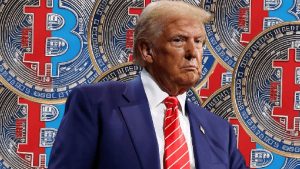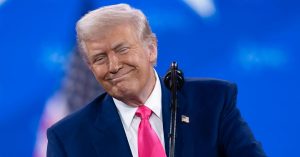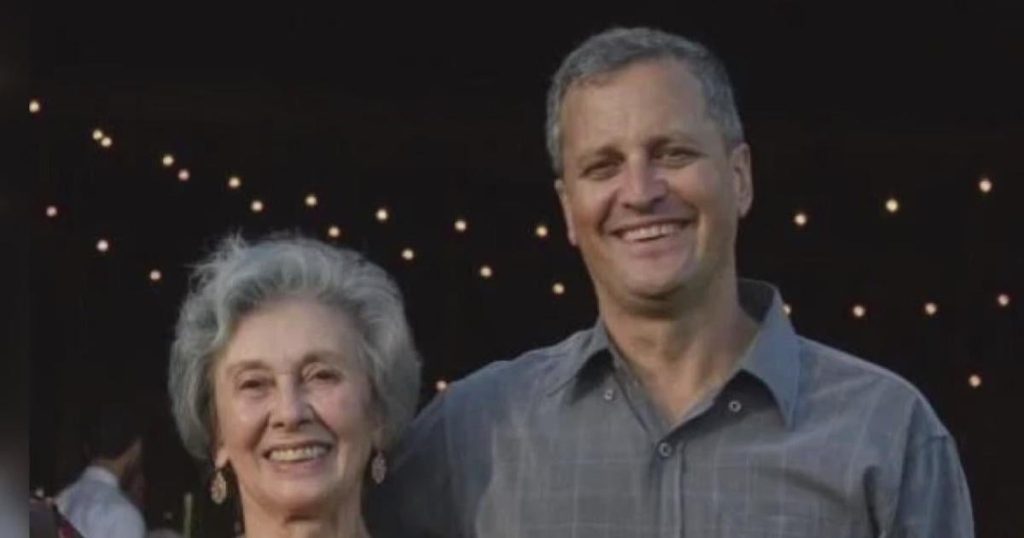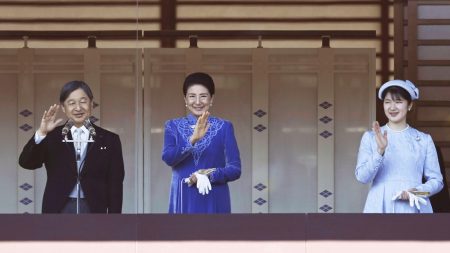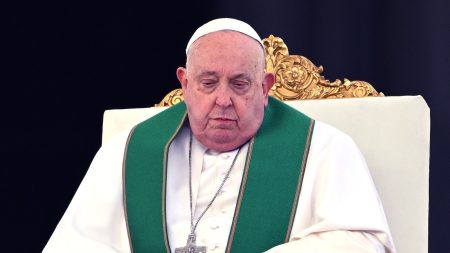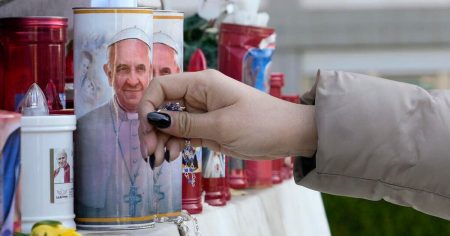Marc Fogel’s Release from Russia: A Diplomatic Breakthrough
The White House announced on Tuesday that Marc Fogel, an American schoolteacher detained in Russia since 2021, has been released following successful negotiations. Fogel, who was sentenced to 14 years in prison for carrying a small amount of marijuana for medical purposes, was designated as "wrongfully detained" by the U.S. government late last year. His release marks a significant diplomatic achievement for the Trump administration, which has made securing the freedom of Americans held abroad a key priority. National Security Adviser Michael Waltz confirmed that Fogel is en route to the United States, accompanied by Steve Witkoff, a special envoy to the Middle East. Waltz emphasized that the release is a "show of good faith" from Russia and a positive step toward ending the ongoing conflict in Ukraine.
The Path to Freedom: Fogel’s Journey
Marc Fogel, a history teacher from Pennsylvania, was arrested at Moscow’s airport in 2021 after Russian authorities found 17 grams of marijuana in his possession. His family explained that the marijuana was for medical use, intended to alleviate his chronic back pain. Despite their efforts, Fogel was convicted and sentenced to 14 years in prison, a harsh penalty that drew criticism from his family and U.S. officials. The Biden administration had previously negotiated the release of other Americans, including WNBA star Brittney Griner and Wall Street Journal reporter Evan Gershkovich, but Fogel was not included in those deals. His family expressed frustration over the delay in securing his release, particularly after he was left out of earlier prisoner exchanges.
Trump Administration’s Role in Fogel’s Release
President Trump and his team played a pivotal role in negotiating Fogel’s release. The White House did not disclose the details of the exchange, but the move is seen as a diplomatic success for the administration. Adam Boehler, the Trump administration’s envoy for hostages, shared a photo of Fogel on the plane heading back to the U.S., highlighting the emotional moment of his return. President Trump reportedly plans to greet Fogel at the White House, underscoring the significance of this diplomatic achievement. The administration’s efforts have drawn praise from Fogel’s legal team, who credited Trump’s "strong leadership" for securing his release after years of delays under the previous administration.
Family’s Relief and Gratitude
Fogel’s family expressed profound relief and gratitude upon learning of his release. In a statement, they called the news "the light at the end of a very dark tunnel" and thanked President Trump, Steve Witkoff, and other allies for their tireless efforts. They described the past three years as "the darkest and most painful period" of their lives but noted that Fogel’s return marks the beginning of their healing process. Fogel’s mother, Malphine, had been vocal about her frustration with the Biden administration’s handling of her son’s case, even filing a lawsuit against the State Department last year. However, she praised Trump for his commitment to securing Marc’s freedom, saying he personally promised to bring her son home if elected to a second term.
Political Implications and Reactions
The release of Marc Fogel has been met with bipartisan praise, with Pennsylvania senators John Fetterman and Dave McCormick welcoming the news. Fetterman, a Democrat, described Fogel’s return as "long overdue," while McCormick, a Republican, thanked President Trump and Secretary Rubio for their efforts. McCormick had been actively involved in advocating for Fogel’s release, working closely with the administration since day one. The successful negotiation highlights the Trump administration’s focus on bringing home Americans detained abroad, a issue that has garnered widespread support across the political aisle.
The Broader Context of U.S.-Russia Prisoner Exchanges
Marc Fogel’s release comes amid a broader landscape of tense U.S.-Russia relations, complicated by the ongoing war in Ukraine. While the exchange is seen as a positive development, it also underscores the challenges of navigating diplomatic channels between the two nations. Fogel’s case is not unique; several other Americans remain detained in Russia, including musician Michael Travis Leake, U.S. Army staff sergeant Gordon Black, and Russian-American ballerina Ksenia Karelina. Advocates for these individuals hope that the success of Fogel’s release will pave the way for further negotiations and the safe return of all Americans held abroad.
In conclusion, Marc Fogel’s release is a testament to the power of diplomatic efforts and the importance of advocating for the freedom of those wrongfully detained. While the road ahead remains uncertain, the Fogel family’s reunion brings hope and renewed determination to those still waiting for their loved ones to come home.
